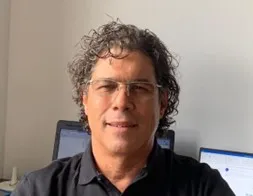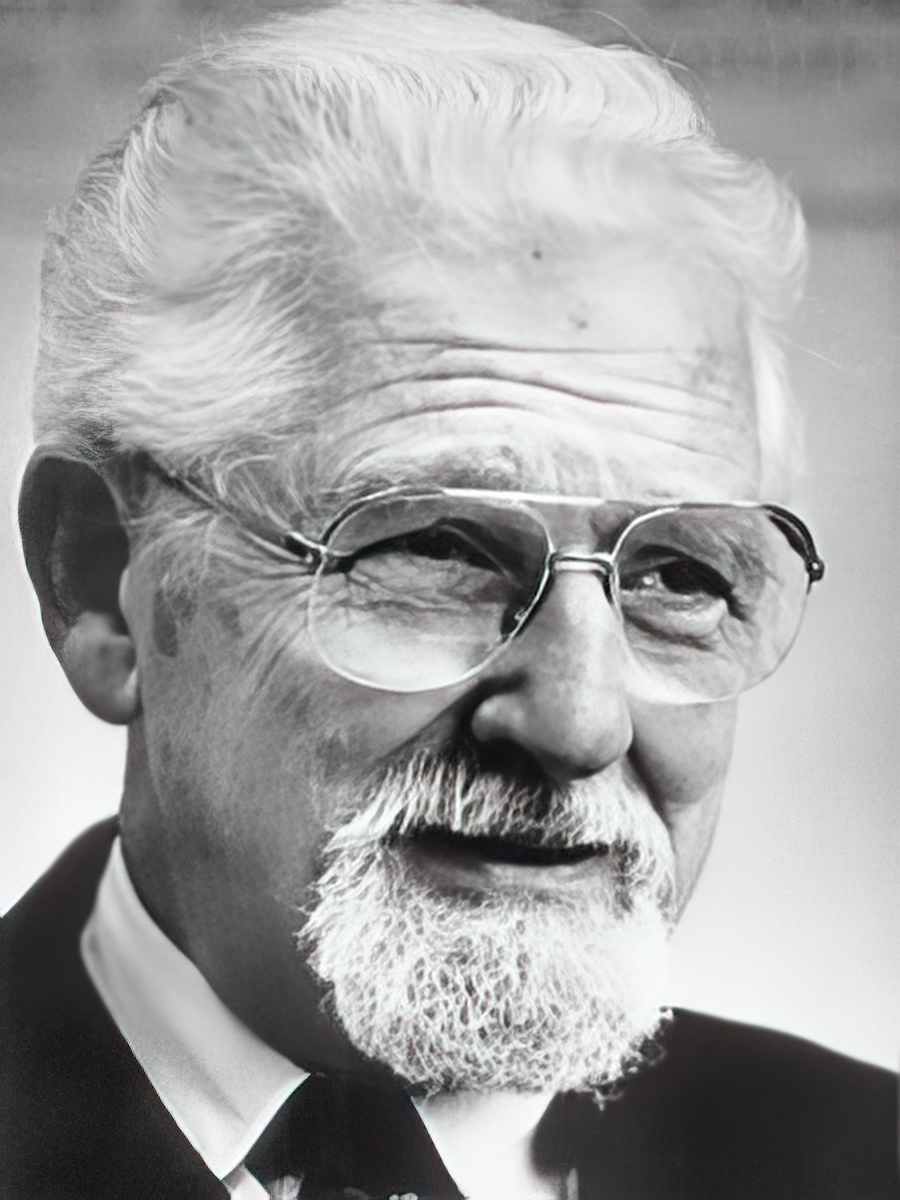This lectureship was founded in 2007 by Professor Emeritus Edward Wenk. The endowment supports an annual public lecture by distinguished practitioners in the fields of civil and environmental engineering and public policy.
Lectures focus on the social, economic, political and environmental impacts of work being conducted in these fields. Through the annual lecture, Wenk’s hope was to bridge the gap between public policy and engineering and inspire students to make a difference through leadership roles.
2025 lecture
Thursday, November 20 | 3:30 p.m. | Alder Hall Auditorium
Reception with light food and drinks to follow in Alder Hall Commons.
The lecture will be in-person, and a recording will be available online following the event.
Turning Knowledge into Action: Engineering, Research and Policy Pathways for Disaster Risk Reduction of Vulnerable Populations

Featuring Professor Carlos Genatios, Ph.D.
Director of Engineering, Technology and Design,
Miami Dade College
Abstract
Disasters of seismic, hydrometeorological and climatic origin remain major threats to human development. Between 2000 and 2019, they caused over 1.2 million deaths and $4.5 trillion in economic losses worldwide, with developing and vulnerable regions suffering the most significant impacts.
Drawing on personal experience across engineering, academia and public policy, this presentation applies a three-phase framework — problem definition, engineering design and action — to three case studies linking research, innovation and policy to reduce disaster impacts. The first examines informal housing in Latin America, focusing on technical support and urban planning for community resilience. The second explores extreme rainfall and mudslides, highlighting the importance of hydraulic works and urban design in recovery strategies. The third addresses hurricane and flooding risks in Miami, emphasizing the use of unmanned aerial vehicles, geographic information systems and vulnerability models to refine risk estimations. Together, these cases stress the need for integrated, science-based approaches and participation in policy development and public service to lessen the tragic impact of disasters.
About the speaker
Carlos Genatios is the Director of Engineering, Technology & Design at Miami Dade College and a Professor Emeritus at the Universidad Central de Venezuela. A civil engineer with more than 40 years of experience across academia, government and industry, he previously served as Venezuela’s Minister of Science and Technology, Deputy Minister of Urban Development, board member of the International Centre for Nuclear and Environmental Sciences and President of the Andean Council of Science and Technology. He has advised the United Nations, the World Bank, the Inter-American Development Bank and the European Union, and co-founded regional networks in earthquake engineering and disaster risk reduction. He is a member of the Venezuelan National Academy of Engineering and Habitat.
This lecture is open to the public.
About the donor

The Edward Wenk Jr. Endowed Lectureship in Technology and Public Policy was made possible by a generous donation from Professor Emeritus Edward Wenk, Jr., who served as a science policy adviser to the U.S. Congress and three presidents. Wenk received a bachelor’s in civil engineering from Johns Hopkins University, a master’s from Harvard University and a Ph.D. from Johns Hopkins University. Following his studies, Wenk spent 15 years working for the U.S. Navy, culminating in strength design and testing of NAUTILUS, the first nuclear propelled submarine. Wenk's contributions of theoretical and experimental analysis to the art of submarine design and involvement in deep submergence trials prompted his election to the National Academy of Engineering. Through his generous gift, he continues to share his professional legacy with students and the academic community.